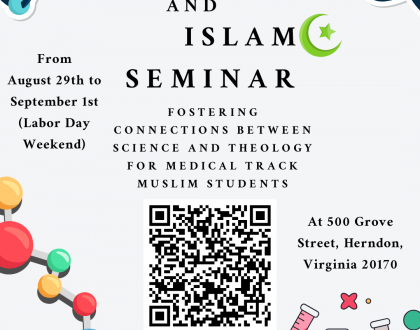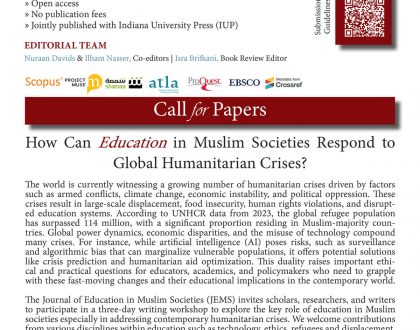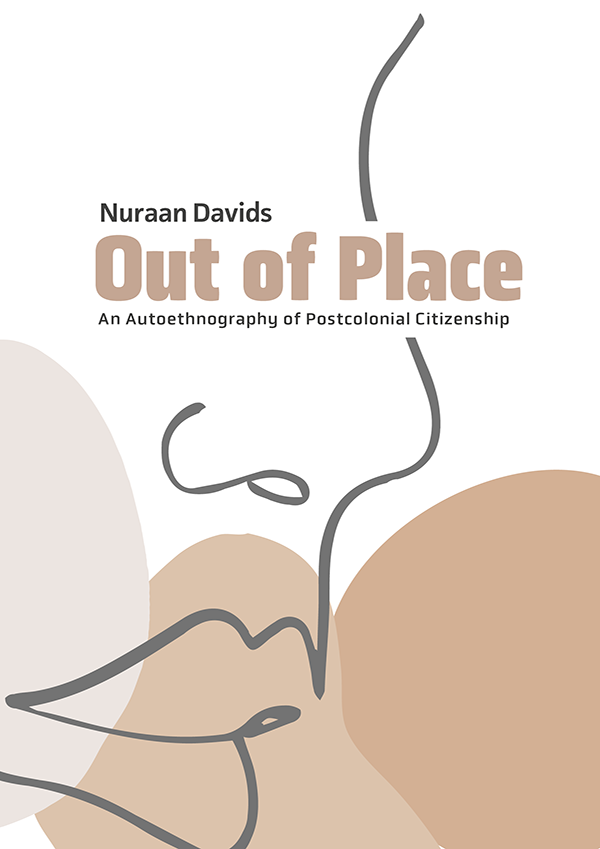Book Discussion: Out of Place: An Autoethnography of Postcolonial Citizenship by Professor Nuraan Davids
The International Institute of Islamic Thought (IIIT) hosted Prof. Nuraan Davids for a discussion on Wednesday, Nov. 9, 2022, on her recently published book, Out of Place: An Autoethnography of Postcolonial Citizenship. The event was moderated by Dr. Ilham Nasser, Director of Human Development Program, Advancing Education in Muslim Societies.
Prof. Davids is Professor of Philosophy of Education in the Department of Education Policy Studies, Faculty of Education at Stellenbosch University, South Africa. In Out of Place, she delved into her experiences as a hijab-wearing Muslim woman in postcolonial and postapartheid South Africa. “I wanted to make sense of how to locate myself,” she remarked, acknowledging both a conscious effort and the resulting vulnerability in telling her very personal story. In terms of methodology, she said that writing an autoethnography enabled her to combine the “science of research with the art of what it means to be human.”
She shared her childhood memories during apartheid as well as South Africa’s transformation into a democratic country as she became a young teacher. She spoke of the ways class has become a divisive factor in South Africa now that government-instituted structural racism has been removed. She highlighted the rising school fees and mounting housing practices that successfully keep certain segments of the population away from resource-rich educational spaces and neighborhoods. She also added that Islamophobia is part of the lived reality in South Africa today. However, in addition to critiquing her country, she did not hesitate to criticize certain practices in her Muslim community, such as when some mosques would not allow women to enter for prayer.
During the Question and Answer session, the audience engaged with Prof. Davids on topics such as decolonization and reconciliation. Prof. Davids ended her talk by emphasizing the need to train teachers to effectively educate a diverse population because changing policy and curricula are not enough. Further, she said she is a better, more compassionate person due to the experiences she has had and thrives on finding connectivity across her pluralistic network.
The video recording of the event is available at the IIIT YouTube channel.
Prof. Davids’ book can be downloaded free of charge here.
Recommended Posts

Exploring Bioscience & Islam Seminar Series
May 21, 2025

IIIT at AERA 2025 Annual Meeting
April 14, 2025

JEMS – Call for papers
April 11, 2025




